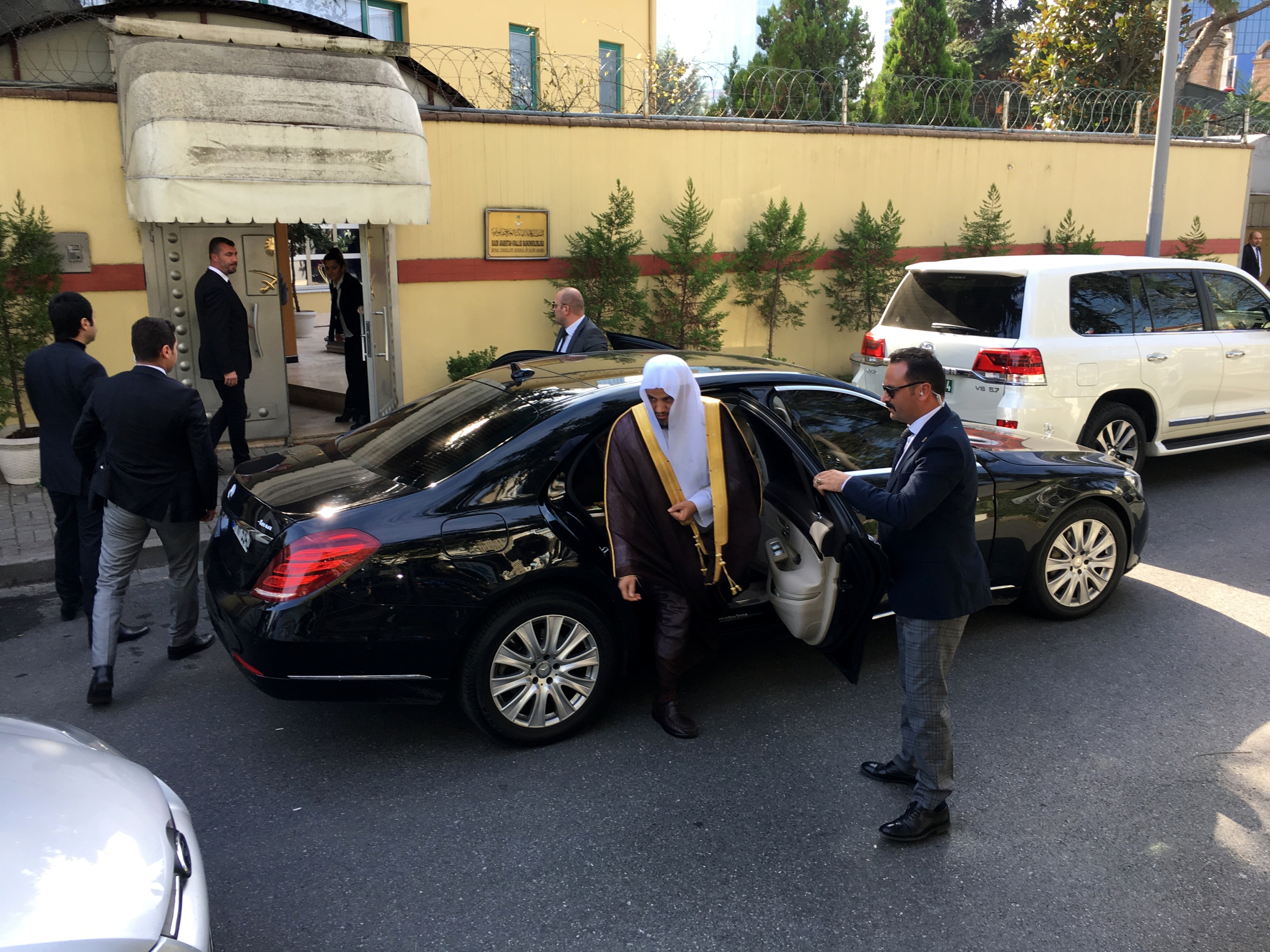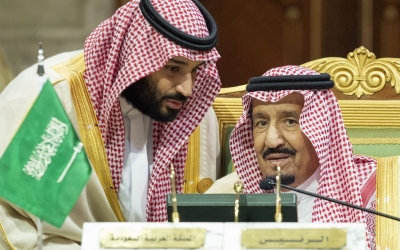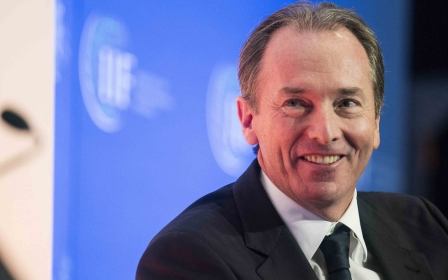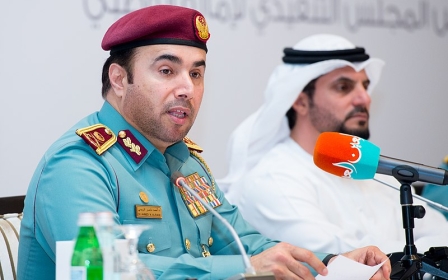Khashoggi investigator given powerful role as Saudi Arabia restructures institutions

Saudi Arabia's King Salman issued a series of royal decrees on Sunday, restructuring the kingdom's advisory Shura Council, the Supreme Court and the highest religious body.
The SPA news agency reported that one of the orders included the appointment of Sheikh Saud al-Mojeb, the kingdom's attorney general who was sent to Turkey in 2018 to investigate the death of Jamal Khashoggi, to the Council of Senior Scholars.
The king ordered a "reformation" of the council, which is headed by the Grand Mufti Sheikh Abdulaziz al-Sheikh, appointing 20 people, including Mojeb.
The kingdom's chief prosecutor was criticised by Turkey after he left the country in October 2018 and refused to answer key questions from his Turkish counterparts over the killing of Khashoggi in the Saudi consulate in Istanbul on 2 October.
Mojeb arrived in Istanbul at the end of October and held talks with Istanbul's chief prosecutor. At the time, Turkish officials were said to have "a deep distrust" towards Mojeb as he repeatedly refused to answer questions about the whereabouts of Khashoggi’s body.
"Why did the Saudi prosecutor hide the knowledge about the body’s location from his Turkish counterparts? Because he may have visited Turkey not to solve the murder case but to save the crown prince," Abdulkadir Selvi, a columnist for Turkey's Hurriyet newspapaer, concluded at the time.
Similarly, a senior Turkish official told AFP on 31 October 2018 that Saudi officials accompanying Mojeb appeared unwilling to "genuinely cooperate" with Turkey.
"The Saudi officials seemed primarily interested in finding out what evidence the Turkish authorities had against the perpetrators," the official told the agency on the condition of anonymity.
"We did not get the impression that they were keen on genuinely cooperating with the investigation."
Arbitrary detentions
In his role as attorney general, Mojeb oversaw the prosecution of popular and progressive Sunni scholar Salman al-Odah and Nobel prize-nominated activist Loujain al-Hathloul.
Hathloul was arrested after campaigning for Saudi women's right to drive, while Odah was arrested after tweeting a prayer for reconciliation between Saudi Arabia and Qatar. Odah was accused of terrorism-related offences.
Human rights organisations accuse Saudi authorities of abusing Loujain in prison, including using electric shock, flogging, and sexual harassment.
Odah's son, Abdullah, has previously said his father has been held and remains in solitary confinement, where "he has been mistreated, handcuffed, blindfolded and chained inside his cell, and deprived of sleep and medications".
The king's orders also appointed a new speaker and two deputies to the Shura Council, an influential advisory body which will be headed by Abdullah bin Mohammed al-Sheikh and is due to start a new term this week. One of the deputies is a woman.
Hanan al-Ahmadi was promoted to assistant to the speaker, the third highest position in the council. Ahmadi was one of the first Saudi women to join the Shura council seven years earlier.
The decree appointed 150 members to the council for a period of four years.
Middle East Eye delivers independent and unrivalled coverage and analysis of the Middle East, North Africa and beyond. To learn more about republishing this content and the associated fees, please fill out this form. More about MEE can be found here.






